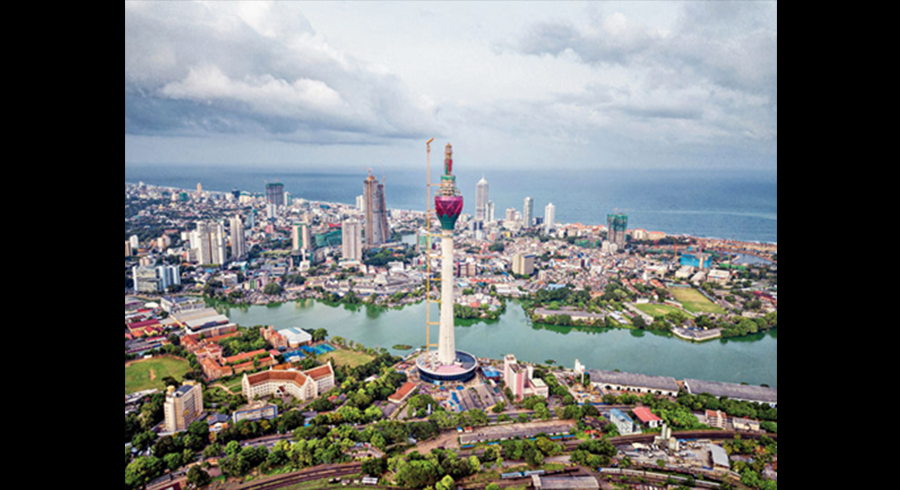They are grappling with two major issues : the increase in interest rates and the decline in de¬mand for exports.
This hard situation is primarily a result of the ongoing re¬covery phase from the COVID-19 pandemic.
Sri Lanka is currently confronted with several venture¬s on a couple of fronts.
The country is grappling with the worldwide pandemic in addition to the continued budgetary constraints.
These complicated conditions have had a significant impact at the nation.
Out of all the nations within the region, Sri Lanka is in particular stressed with meeting its financial obligation but, amid these problems, there are glimpses of hope emerging at the horizon.
The tourism industry suffered a considerable decline following the Easter Sunday incident in 2019.
This sector had been a large source of foreign exchange earnings, generating close to $5 billion on an annual basis.
No matter the devastation due to the pandemic, the downward fashion in tourist numbers continued gradually.
Investors lost confidence and the economy of the country have become volatile as a result of extensive borrowing, populist tax cuts and political disagreements.
These combined factors causing further economic issues.
Additionally, declined in foreign reserves compelled the government to restrict the importation of essential imports such as food and fuel.
Furthermore, with global interest rates hikes and macroeconomic stability doubts arose regarding the government’s ability to honor its financial obligations.
Sri Lanka was the sole country in South Asia to have grappled with a default on its official debt.
In an economic cascade, the Central Bank of Sri Lanka resorted to printing money to bridge governmental deficits, triggering a harrowing freefall of the Sri Lankan rupee and an inflationary upsurge.
As daily essentials became scarce and prices soared, a crescendo of public discontent destabilized the administration, culminating in the departure of President Gotabaya Rajapaksa in July 2022.
Amidst this tempest, the fabric of Sri Lanka's GDP and economic stability frayed.
“In assuming leadership after Gotabaya Rajapaksa, Ranil Wickremesinghe swiftly embarked on a strategic path to restore equilibrium to Sri Lanka's economy.
By initiating constructive dialogues with the International Monetary Fund for financial assistance and garnering interim backing from neighboring nations like India, he displayed adept crisis management.
In a bid to secure the IMF's endorsement, the administration undertook bold yet indispensable measures, encompassing hikes in fuel and electricity prices, tax rate adjustments, and tax base expansion.” Kamil Kuthubdeen Chairman of Global Business Trust LLC Dubai said.
“Notably, under the stewardship of a new central bank governor, a resolute tightening of benchmark interest rates by an impressive 8 percentage points throughout 2022 was undertaken, aimed at tempering inflationary pressures and ushering in a measure of macroeconomic stability, ultimately contributing to the revitalization of Sri Lanka's GDP trajectory.” Kamil Kuthubdeen added.
With a government-led domestic debt restructuring initiative, many uncertainties have been mitigated, especially within Sri Lanka's banking sector.
Colombo is also in discussions with external creditors to restructure the nation's external debt.
Furthermore, the government is actively pursuing its reform agenda by initiating the privatization of state-owned assets like SriLankan Airlines and Sri Lanka Telecom.
The rupee and the national stock market have responded positively to recent macroeconomic progress, positioning them as top performers of this year.


























